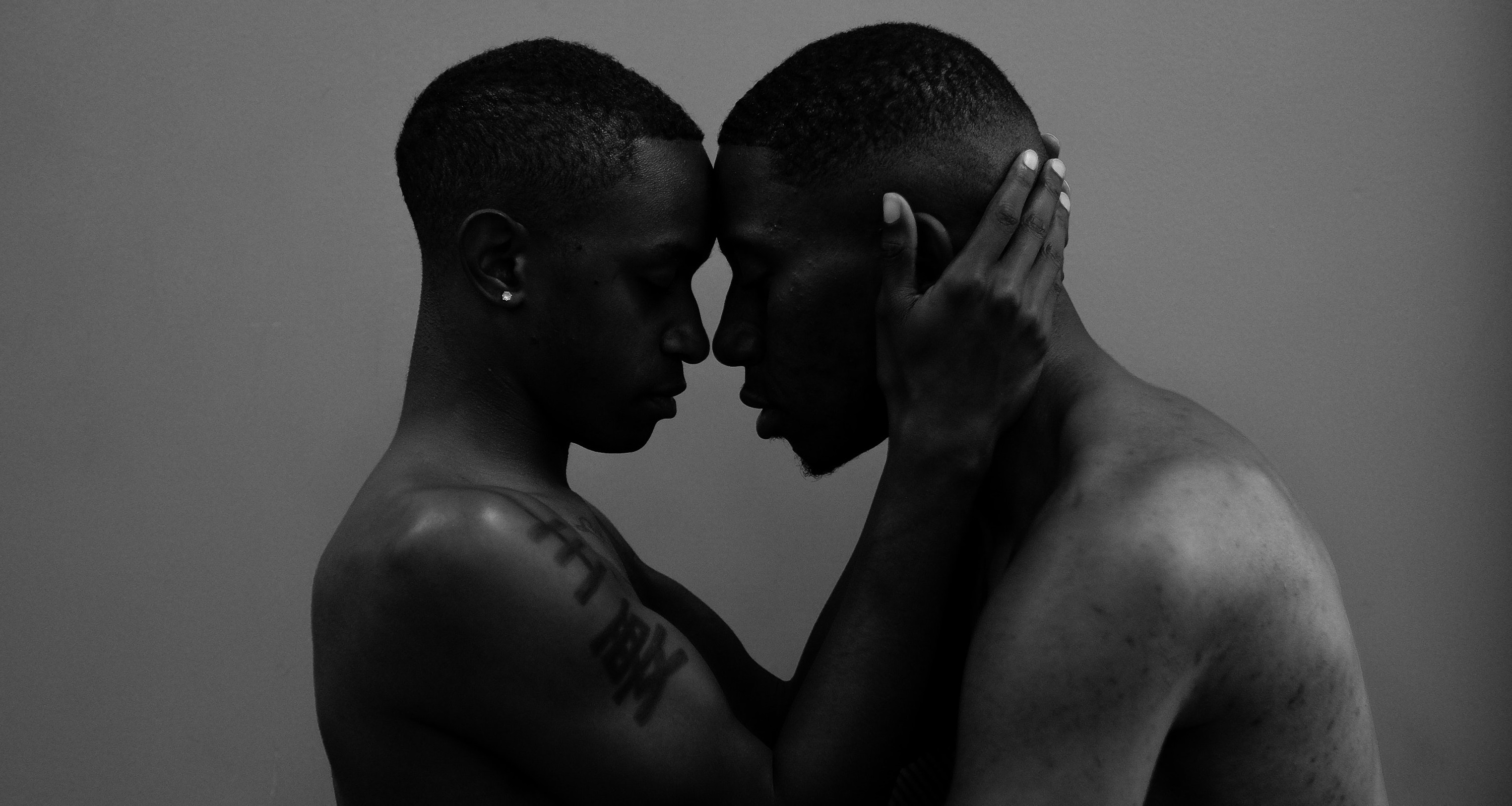Almost 6 in 10 LGBTQ Americans experienced discrimination in 2021, according to survey
The GLAAD survey looked at people's attitudes towards and understanding of LGBTQ community.

Words: Alastair James; picture: Pexels
A survey by the LGBTQ media organisation, GLAAD, has revealed that more LGBTQ Americans are experiencing discrimination than the year before, when the survey was last carried out.
The Accelerating Acceptance Study is an annual poll of US adults, measuring attitudes towards and an understanding of the LGBTQ community.
The 2021 survey of more than 2,500 people, found that US adults are becoming more familiar with the LGBTQ community, but also identified some concerns.
“A dangerous rhetorical climate continues”
GLAAD’s President and CEO, Sarah Kate-Ellis, says the survey results “indicate clear opportunities for education and a redoubled commitment to promoting visibility and representation”.
But she says it’s “alarming” that higher levels of LGBTQ individuals have experienced discrimination in 2021 over the previous year. 59 percent of LGBTQ people reported discrimination, up from 46 percent in 2020.
Sarah continues: “A dangerous rhetorical climate continues in statehouses across the country as legislatures seek to prevent transgender children from playing on school sports teams or denying them access to life-saving healthcare as a means of demonizing transgender people.”
Today, we released our 2021 Accelerating Acceptance study, measuring non-LGBTQ Americans attitudes towards LGBTQ people. This year’s study finds growing acceptance in some areas and new challenges for acceptance in others. @doliver8 https://t.co/UpFdVYb5CW
— GLAAD (@glaad) November 3, 2021
“During this time, it is critical to display the richness and humanity of our communities, changing the narrative from animosity to embrace, and educating audiences, voters, journalists, and politicians about the lived realities of LGBTQ lives.”
The results show that 81 percent of non-LGBTQ people expect to become more familiar with transgender and non-binary people. People are also more aware of genders outside of male and female, as well as the LGBTQ being made up of lots of identities.
However, 45 percent of non-LGBTQ say LGBTQ terminology is confusing, with 54 percent saying that LGBTQ people make expectations about gender and how to interact very complicated.
Non-LGBTQ people were also asked about how comfortable they were in seven scenarios:
– 29 percent said that they are or would be ‘very’ or ‘somewhat’ uncomfortable learning a family member is LGBTQ (30 percent in 2020)
– 28 percent said that they are or would be ‘very’ or ‘somewhat’ uncomfortable learning their doctor is LGBTQ (Remains unchanged)
– 27 percent said that they are or would be ‘very’ or ‘somewhat’ uncomfortable having LGBTQ members at their place of worship (26 percent in 2020)
– 30 percent said they are or would be ‘very’ or ‘somewhat’ uncomfortable seeing a same-sex couple holding hands (28% in 2020)
– 25 percent said that they are or would be ‘very’ or ‘somewhat’ uncomfortable seeing a gay or lesbian co-worker’s wedding picture (26 percent in 2020)
– 30 percent said that they are or would be ‘very’ or ‘somewhat’ uncomfortable having their child placed in a class with an LGBTQ teacher (28 percent in 2020)
– 37 percent said that they are or would be ‘very’ or ‘somewhat’ uncomfortable learning their child has a lesson on LGBTQ history in school (39 percent in 2020)
GLAAD states in its report that the results, while “encouraging and motivating” prove the need for an Equality Act.
The Attitude December issue is out now.
Subscribe in print and get your first three issues for just £1 each, or digitally for just over £1.50 per issue.

